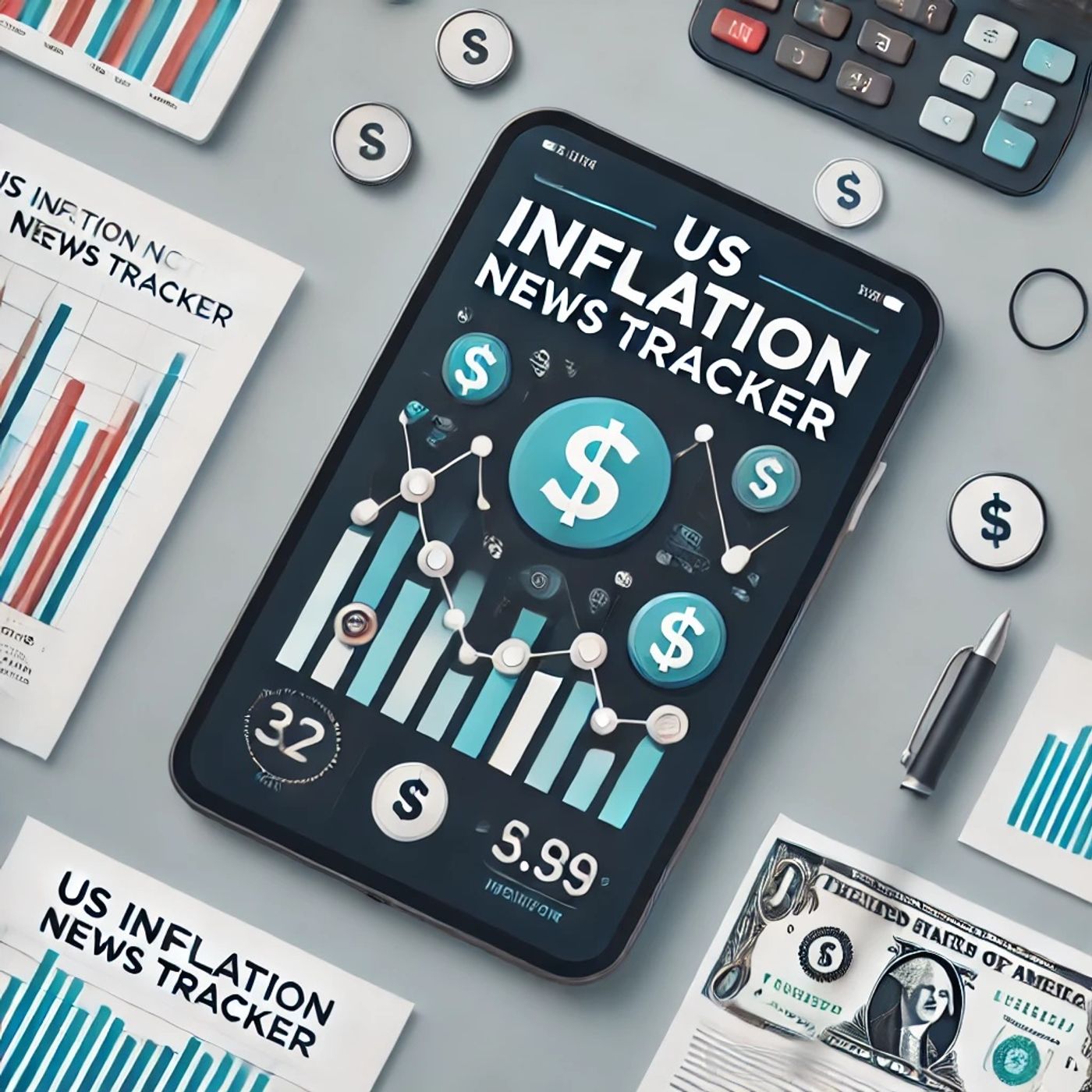Uneven Inflation Landscape: Decoding the Complexities of U.S. Economic Pressures
Update: 2025-09-28
Description
Recent reports highlight the complexity and unevenness of inflation in the United States, influenced by factors ranging from government staffing shortages to corporate profit fluctuations. Alternative data sources underscore this uneven inflation landscape, which aligns with skepticism regarding official numbers, notably from figures such as former President Donald Trump.
The Guardian notes that the U.S. federal government has had to reduce the scope of its price checks due to staffing shortages. These checks are vital for calculating the Consumer Price Index (CPI), a key measure of inflation. The limitations in government data collection might result in measurements that do not fully capture the current economic climate, thus fueling speculation and debate about the accuracy and reliability of reported inflation rates.
In parallel, corporate profits in nonfinancial industries have experienced a significant decline, marking one of the largest drops in history. This downturn follows a period of increased profits during the high inflation years, as documented by Wolf Street. Despite this plunge, pretax profits remain above pre-pandemic levels, suggesting that while there is financial strain, it is localized and perhaps not as widespread as it might first appear.
Meanwhile, sectors like the automotive industry are facing their own inflation-related challenges. The Business Download reports that the high cost of electric vehicles (EVs) remains a major barrier to widespread adoption. In April, the average price for an EV was approximately $59,900, with U.S. drivers spending about $11,000 more than what would be considered affordable for a broader consumer base. This price point underscores a segment of inflation affecting consumer goods, notably those positioned as sustainable alternatives to traditional options.
These disparate inflationary pressures emphasize the multifaceted nature of economic forces currently affecting the U.S. economy. While some sectors face significant financial strain, others reveal gaps and growth opportunities, albeit tempered by high prices and existing market conditions.
Together, these reports illustrate an uneven inflation narrative. It is a tapestry woven from government data limitations, the ebb and flow of corporate profits, and consumer market shifts like those seen in the EV sector. As debates continue over the nature and extent of inflation, these insights provide a nuanced view of an economy facing unique and complex challenges.
This content was created in partnership and with the help of Artificial Intelligence AI
The Guardian notes that the U.S. federal government has had to reduce the scope of its price checks due to staffing shortages. These checks are vital for calculating the Consumer Price Index (CPI), a key measure of inflation. The limitations in government data collection might result in measurements that do not fully capture the current economic climate, thus fueling speculation and debate about the accuracy and reliability of reported inflation rates.
In parallel, corporate profits in nonfinancial industries have experienced a significant decline, marking one of the largest drops in history. This downturn follows a period of increased profits during the high inflation years, as documented by Wolf Street. Despite this plunge, pretax profits remain above pre-pandemic levels, suggesting that while there is financial strain, it is localized and perhaps not as widespread as it might first appear.
Meanwhile, sectors like the automotive industry are facing their own inflation-related challenges. The Business Download reports that the high cost of electric vehicles (EVs) remains a major barrier to widespread adoption. In April, the average price for an EV was approximately $59,900, with U.S. drivers spending about $11,000 more than what would be considered affordable for a broader consumer base. This price point underscores a segment of inflation affecting consumer goods, notably those positioned as sustainable alternatives to traditional options.
These disparate inflationary pressures emphasize the multifaceted nature of economic forces currently affecting the U.S. economy. While some sectors face significant financial strain, others reveal gaps and growth opportunities, albeit tempered by high prices and existing market conditions.
Together, these reports illustrate an uneven inflation narrative. It is a tapestry woven from government data limitations, the ebb and flow of corporate profits, and consumer market shifts like those seen in the EV sector. As debates continue over the nature and extent of inflation, these insights provide a nuanced view of an economy facing unique and complex challenges.
This content was created in partnership and with the help of Artificial Intelligence AI
Comments
In Channel





